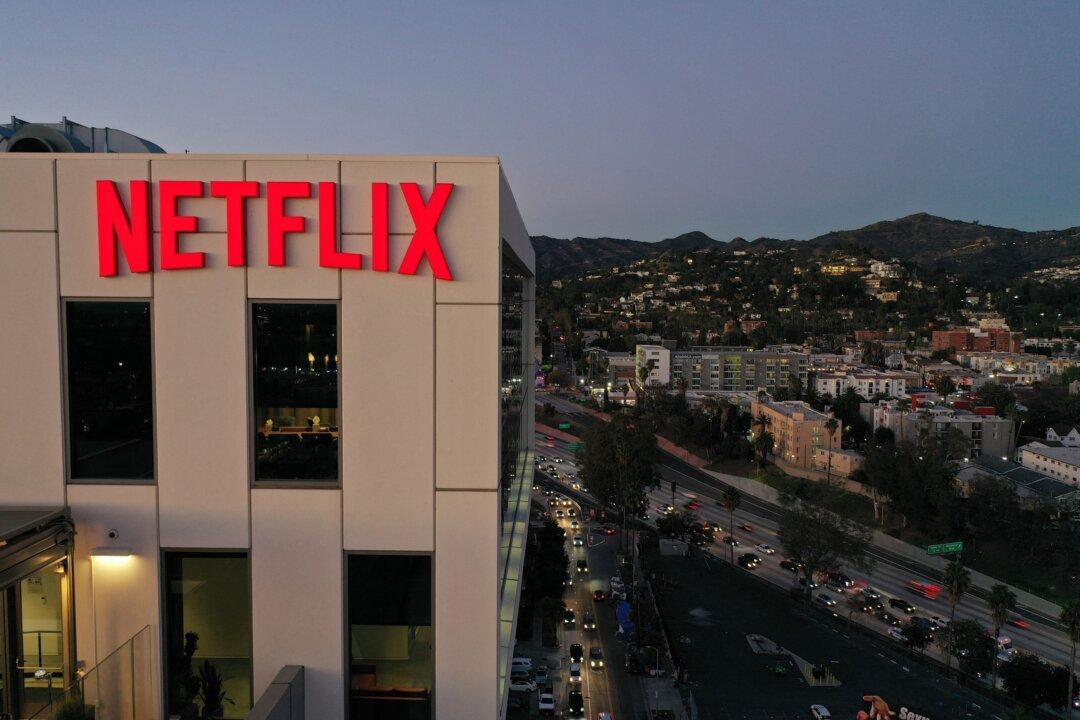Netflix issued a notice saying it will expand its crackdown on Netflix accounts that are sharing passwords between several households as it rolls out paid sharing “more broadly” during the first quarter of 2023.
In a letter (pdf) dated Thursday, the Los Gatos, California-based streaming service said that widespread account sharing is undermining its business and ability to invest in the company. Now, Netflix will intensify its bid to combat password-sharing.





